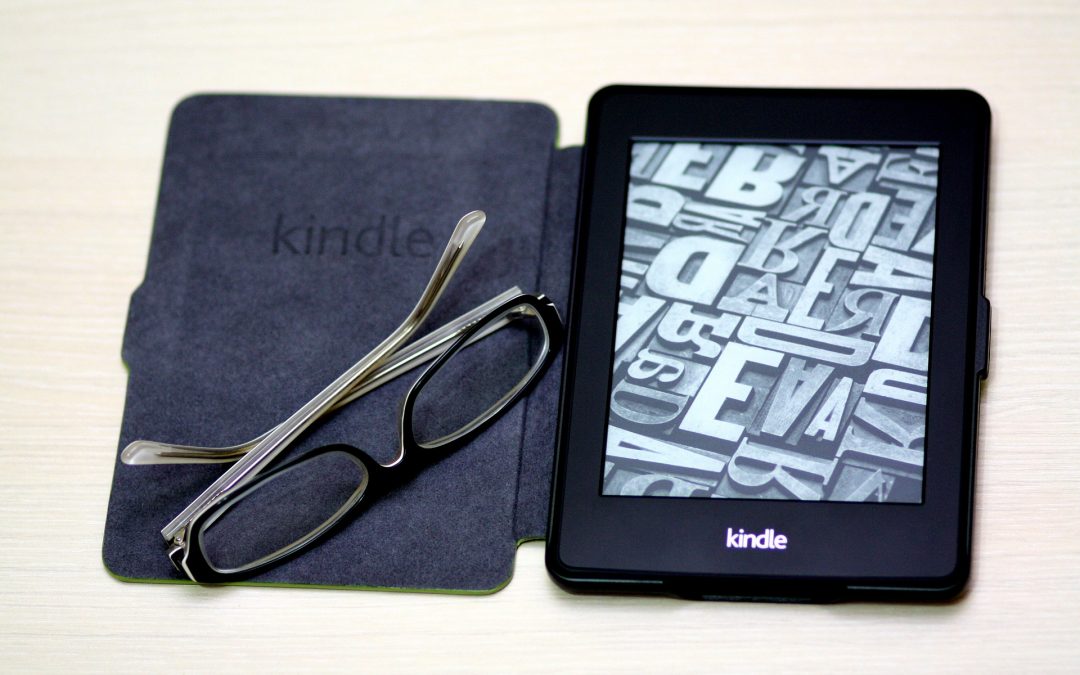Publishing is a relationship builder. In April this year, I got a contact request via LinkedIn. With it came a note. ‘Enjoyed your article on being worthy to write a book, Kath. I’d like to connect.’ Done. I thanked Mike (it’s his real name) for the feedback and asked him to let me know if I could help in any way.
In August, Mike came back to me: ‘Hi Kath, ‘I “may” write a book, let’s have a chat on the phone.’
What had happened in the meantime? Only that I had published regularly and Mike liked what I wrote, I later discovered. Now we are working together to get Mike’s (terrific) book published and, no doubt, the same benefits will accrue to him. Once published, his fascinating guide to using stories in the sales process will win him new clients: “The Seven Stories Every Salesperson Must Tell.”
Now, just want to point out a fine distinction here: I am talking about publishing, not about writing. Will Mike’s genius be unleashed on a wider public if he never publishes his book? I am afraid not. Could we all benefit from knowing what Mike’s seven stories are? You bet – because I already know them, and they are gold.
Will Jenny’s (her real name) book, Logical Leadership, help engineers to become better leaders if she doesn’t publish it. Will Warwick’s (his real name) book, ‘Profitable Conversations’ help accountants transform their business model from compliance to advisory if he doesn’t publish it? I am afraid not.
I am making a case here not for writing a book, but for publishing one. Here’s why there is so much power in publishing.
Build up trust over time
We don’t want to be hustled into buying decisions. (Remember the pushy car salesperson?) We want to arrive at our own decisions over time. We want to buy. Buying goods and services is part of our everyday lives. We feel great when we make the right purchases and terrible when we make the wrong ones (buyer’s remorse). When a prospective client reads your book, they start to get to know you and decide for themselves if you are the kind of person they want to transact with. Barriers to buying start to fall.
Feel pain in private
Here’s a controversial idea: we buy goods and services to alleviate certain pain points. A new dress? Our bum looks good in this. New shoes? Walking on air. Buy a book? Get more sales, lead better, move to a more profitable business model.
Admitting that we have a problem we need help with is a delicate matter. We pop into the fitting room to try on clothes so we have our moments of despair or jubilation in private first before we step out into the world. The best books and blogs name our predicaments and allow us to feel the pain of not having a solution in the privacy of our own mind, which is a good idea because then we are more likely to fess up in public and seek the help we need.
I’m successful, but I’ve learned the hard way
No one really likes a smarty pants who claims they became successful without any pain; instinctively we know they did not, so they are trying to hoodwink us. Few people arrive at success without a helluva lot of misgivings and mistakes.
Books and blogs allow us time to share our journey of success and failure with our readers. I have to admit that, despite being a professional writer, my first book draft was a heap of crap. What was wonderful about that big mistake is that I realised pouring out 50,000 words without any attempt to structure them from the get-go was a complete waste of time. And that was 50 mornings where I got up at 5 am and sat down to write 1000 words – exhausting. Without it, though, I would not have created my structured system to writing and publishing a business book in 90 days.
Snapshot
If you are writing a book, publish it. Will it be perfect? No, never. Will it be useful? Who knows! But I know this: if it stays in your desk drawer, it will be useful to no-one. And it’ll bug the hell out of you. And me.
PS: What more? You might like not-good-enough-sometimes-conquer-long-dark-night

